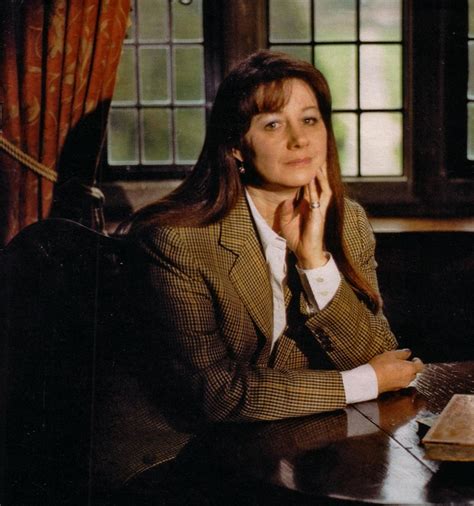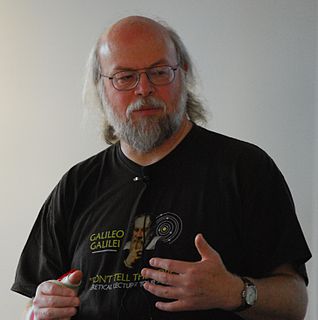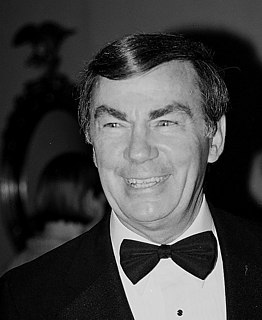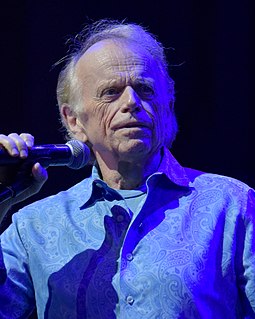A Quote by Joyce Carol Oates
As a farm girl, even when I was quite young, I had my 'farm chores' - but I had time also to be alone, to explore the fields, woods and creek side. And to read.
Related Quotes
My parents moved to Los Angeles when I was really young, but I spent every summer with my grandparents, and I'd stay with my grandfather on the farm in Longview. He was retired from the railroad, and he had a small farm with some cows and some pigs. I remember part of my youth was feeding hogs and plowing fields and stuff, so that's a part of me.
I had a farm in Africa, at the foot of the Ngong Hills. The Equator runs across these highlands, a hundred miles to the North, and the farm lay at an altitude of over six thousand feet. In the day-time you felt that you had got high up, near to the sun, but the early mornings and evenings were limpid and restful, and the nights were cold.
Through that organization [Community Service Organization], I met Cesar Chavez. We had this common interest about farm workers. We ultimately left CSO to start the National Farm Workers Organization, which became the United Farm Workers. I was very blessed to have learned some of the skills of basic grassroots organizing from Mr. Ross and then be able to put that into practice in both CSO and the United Farm Workers.
When I was four, we moved to a farm outside Springfield, Missouri. We had a radio show from that farmhouse. My dad always wanted a farm. We used to go out and milk the cows every morning and then do a radio show with a remote control from our living room. We'd start by singing 'Keep On The Sunny Side.'
So when it came to role models, I looked at presidents' wives. Of course, you're talking about a farm girl who stood in the fields, dreaming, years ago, wishing she was that kind of person. But if I had been that kind of person, do you think I could sing with the emotions I do? You sing with those emotions because you've had pain in your heart.
The Cubs, we built one of best farm systems - I think for a while there, it was the best farm system in baseball. And that was great. It got a lot of attention. But we didn't want the credit for the farm system. What we wanted was to see if we could do the tricky part, which was turn a lauded farm system into a World Series champion.






































